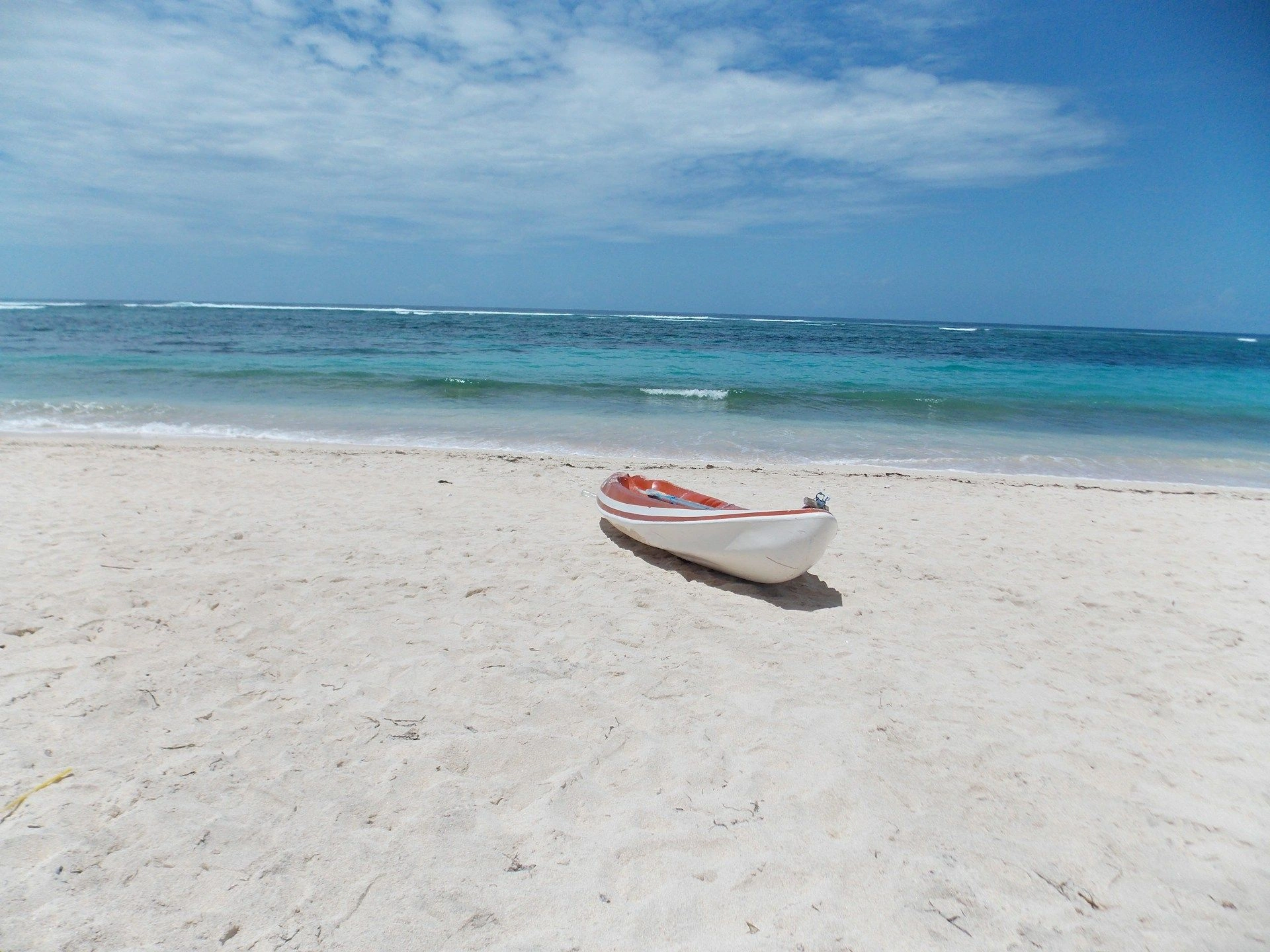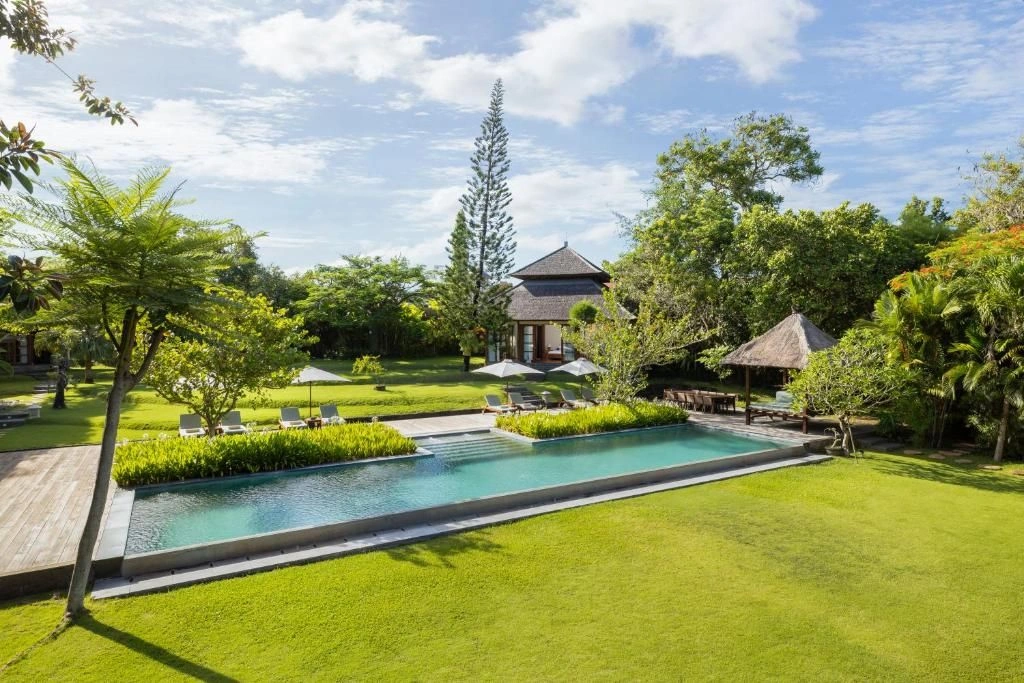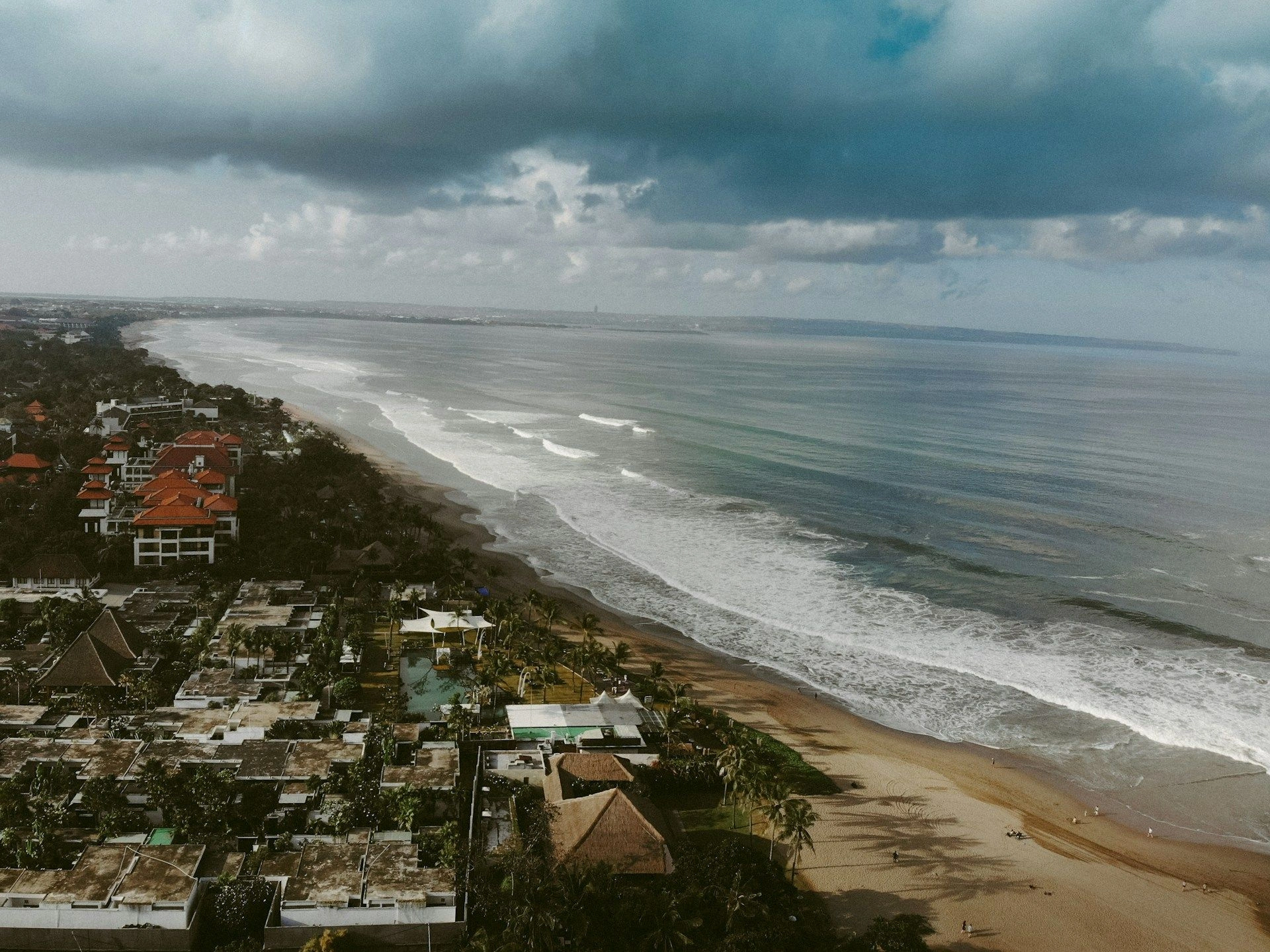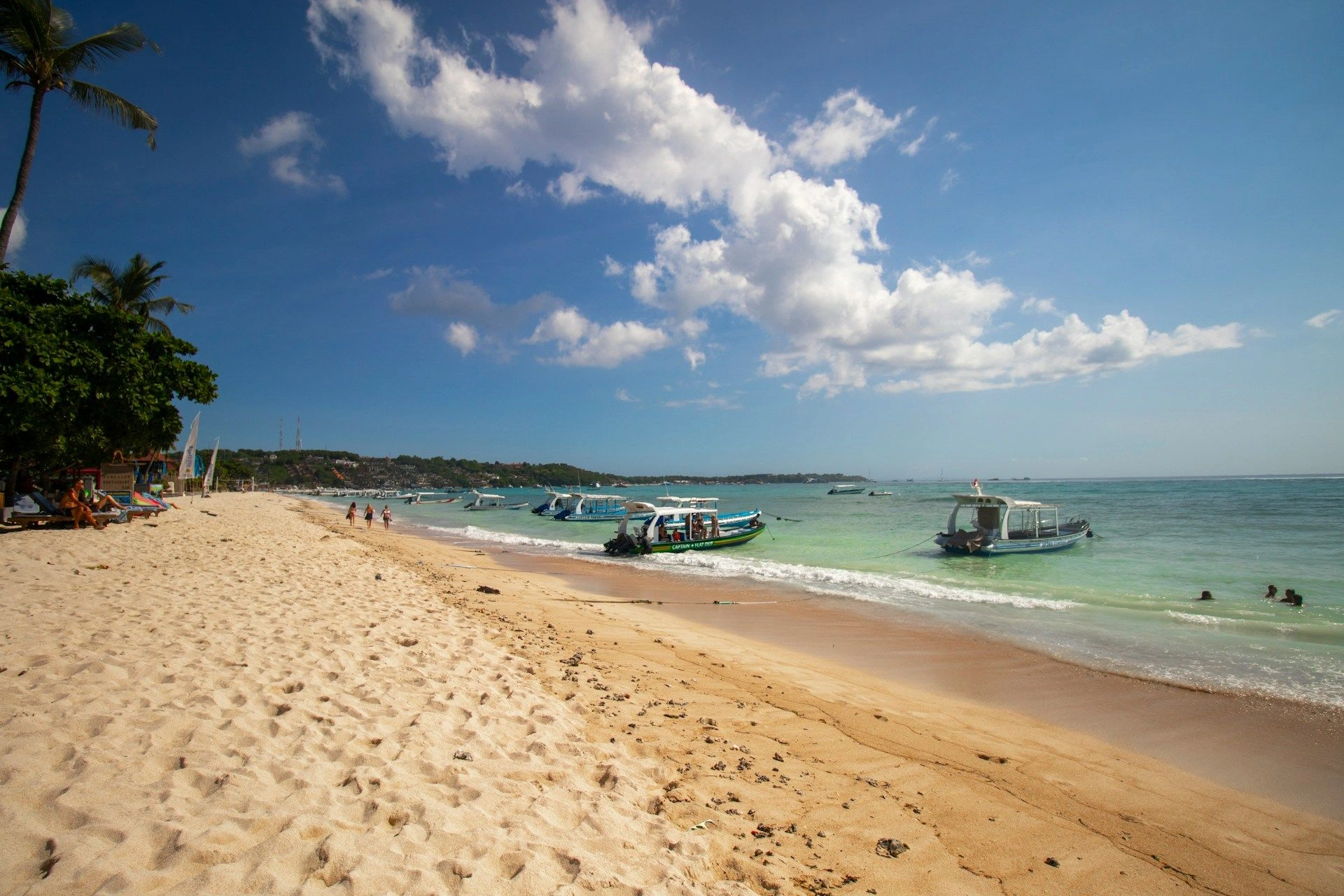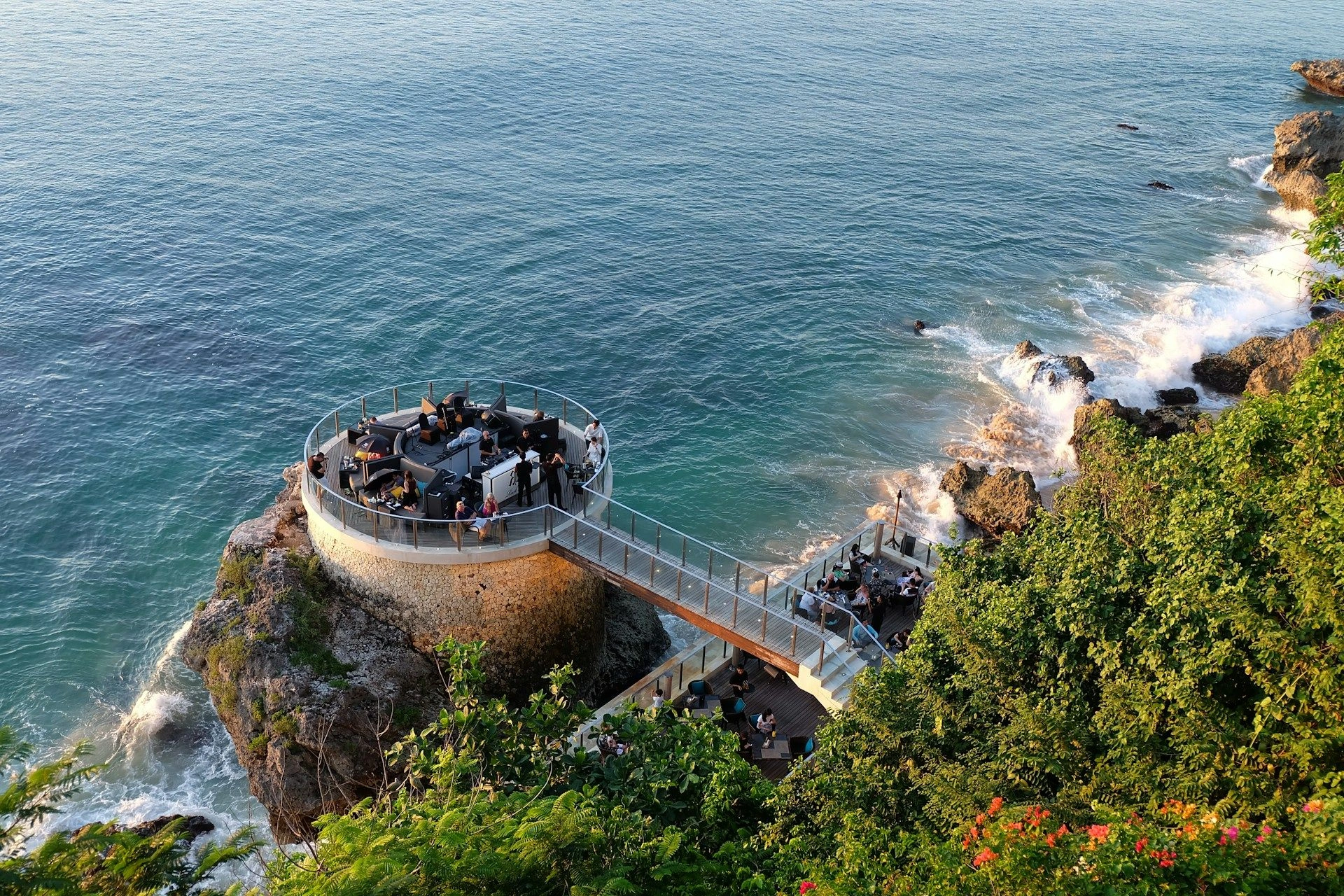Bali Investment Property ListingsProfitable real estate inIndonesia heart

Best offers
in Bali
Popular
cities and regions in Bali
Benefits of investment in
Bali real estate
High Yield from Short-Term Rentals
Bali ranks among Asia’s top tourist destinations, delivering strong rental flows and excellent return on investment.
Low Entry Threshold
Unlike many resort markets, Bali allows investment with relatively modest capital — especially for apartments and villas.
Popular Among Digital Nomads and Expats
Bali is a hub for freelancers, entrepreneurs, and lifestyle investors seeking vibrant culture, natural beauty, and income-generating assets.
High Yield from Short-Term Rentals
Bali ranks among Asia’s top tourist destinations, delivering strong rental flows and excellent return on investment.
Low Entry Threshold
Unlike many resort markets, Bali allows investment with relatively modest capital — especially for apartments and villas.
Popular Among Digital Nomads and Expats
Bali is a hub for freelancers, entrepreneurs, and lifestyle investors seeking vibrant culture, natural beauty, and income-generating assets.

Useful articles
and recommendations from experts
Real Estate in Bali, Indonesia: Tropical Living Meets Global Investment
Why Invest in Bali
Bali is one of the world’s most iconic destinations for lifestyle-driven real estate investment. As Indonesia’s leading tourism hub, the island attracts digital nomads, retirees, hospitality developers, and short-term rental investors alike. With a unique mix of culture, nature, wellness infrastructure, and booming tourism, Bali offers a compelling investment opportunity in Southeast Asia. While foreign ownership is subject to specific regulations, the potential for rental yields, property appreciation, and resort development continues to attract international capital.
Property Types and Uses in Bali
Bali offers a wide range of real estate formats across its coastal and inland regions. Key property types include:
- Villas: The most popular investment format, especially in Canggu, Ubud, and Seminyak. Often used for short-term rental income through Airbnb and similar platforms.
- Apartments and Condominiums: Limited stock, mostly in areas like Kuta and Nusa Dua, often targeting long-stay visitors and expats.
- Land Plots: Coastal and inland land is available for leasehold acquisition and development. Popular for villa construction or eco-resorts.
- Resort and Boutique Hotels: Hospitality investors focus on Seminyak, Uluwatu, and Lovina for commercial guest operations.
- Retail and Co-working Spaces: High-demand areas like Canggu and Ubud offer commercial space opportunities for cafes, studios, and remote work hubs.
Legal Framework and Foreign Ownership
Indonesian law prohibits foreigners from directly owning freehold land (Hak Milik), but several legal structures allow property investment:
- Leasehold (Hak Sewa): The most common format for foreign investors. Property is leased for 25–30 years, renewable up to 80 years or more.
- Right to Use (Hak Pakai): A title available to foreigners with KITAS (residency permit), usually for residential use, renewable after 30 years.
- Nominee Structure: Using an Indonesian citizen to hold the title. This structure is legally risky and not recommended without legal oversight.
- Foreign-Owned Companies (PT PMA): Foreigners can set up a company in Indonesia to own commercial property and conduct development projects.
It’s essential to work with experienced local notaries (notaris) and legal consultants to ensure compliance and mitigate risks.
Prices, Liquidity, and Market Trends
Bali’s real estate market varies significantly by location and type. As of 2024, average price ranges include:
| Location | Villa Price (USD) | Land Price (USD/m²) |
|---|---|---|
| Seminyak | $350,000 – $1,200,000 | $500 – $800 |
| Canggu | $400,000 – $1,500,000 | $700 – $1,200 |
| Ubud | $250,000 – $800,000 | $200 – $400 |
| Uluwatu | $300,000 – $900,000 | $250 – $600 |
| Lovina (North) | $150,000 – $400,000 | $100 – $250 |
Villa demand is highest in southern Bali, particularly in Canggu, due to digital nomad influx. Ubud remains attractive for wellness and retreat buyers. Northern regions offer lower entry prices but slower liquidity.
Key Investment Zones
Each region of Bali offers a different value proposition:
- Canggu: Epicenter of remote work culture, yoga, and surfing. High occupancy for short-term rentals, strong capital appreciation.
- Seminyak: Established tourism hub with luxury retail, beach clubs, and branded villas.
- Uluwatu and Bingin: Rapidly developing clifftop areas with stunning views and surf appeal.
- Ubud: Cultural and spiritual heart of Bali. Popular with wellness tourists and retreat developers.
- Sanur and Nusa Dua: Family-friendly, calmer zones with resort hotels and long-term rental potential.
- Lovina (North Bali): Emerging market with scenic coastlines and lower land prices.
Rental Income and Investment Scenarios
Bali is one of Southeast Asia’s most profitable short-term rental markets. Common investment models include:
- Buy-to-Rent Villas: Properties in Canggu and Seminyak can generate 8–12% gross annual yields via platforms like Airbnb and Booking.com.
- Long-Term Leasing: Monthly rentals for expats and digital workers offer more stable, if lower, income (4–6%).
- Build-and-Sell: Investors lease land, build villas, and sell turn-key properties to foreigners or locals.
- Eco-Lodge or Retreat Projects: Popular in Ubud and north Bali, these appeal to wellness travelers.
Many investors use local property managers to handle bookings, cleaning, and legal compliance. Tourism peaks between May and September, with strong winter demand from Australia and Europe.
Infrastructure and Accessibility
Bali continues to improve its infrastructure to meet growing tourism and residential demand:
- Ngurah Rai International Airport (DPS): Direct flights from Asia, Australia, and the Middle East; expanding to serve Europe and US travelers.
- Road Network: Main roads connect the south with Ubud and north Bali, though traffic congestion is common in tourist areas.
- Telecom: High-speed internet and co-working spaces are widely available in Canggu, Ubud, and Denpasar.
- Healthcare: Private hospitals and clinics cater to expats and medical tourists (e.g., BIMC, Siloam, Kasih Ibu).
- International Schools: Green School Bali, Canggu Community School, and Dyatmika School attract long-term expat families.
Risks and Considerations
Despite the upside, Bali investment comes with several caveats:
- Ownership Restrictions: Foreigners cannot own freehold land, making legal structuring essential.
- Leasehold Limitations: Leases require renewal negotiations with landowners, and resale values depend on time remaining.
- Overdevelopment: In some areas (like Berawa and Echo Beach), supply outpaces infrastructure growth.
- Currency and Tax Exposure: Transactions are often in IDR; taxes on rental income and capital gains must be declared under Indonesian law.
- Natural Disaster Risk: Bali is in a volcanic and seismic zone — insurance is essential.
Conclusion: Bali as a Global Property Magnet
Bali combines exceptional lifestyle, rental potential, and development flexibility into one of the most sought-after real estate destinations in the Asia-Pacific region. While foreign ownership requires careful legal structuring, opportunities for leasehold villas, land development, and short-term rentals remain highly attractive. With a growing expat community, steady tourism recovery, and evolving infrastructure, Bali continues to attract international investors seeking both return and retreat in a tropical paradise.

